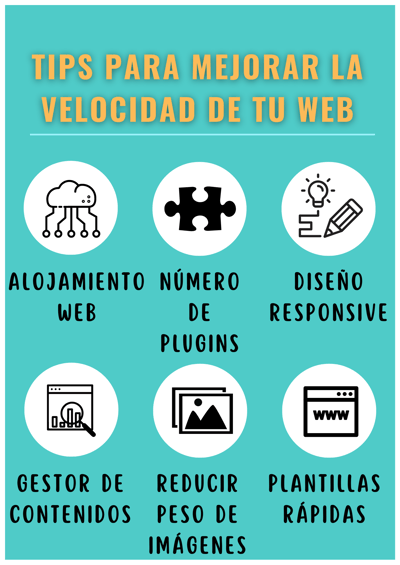Index Content
A web audit works as a starting point to achieve a correct positioning on the Internet. It is carried out through an analysis to detect possible internal or external errors that may be affecting the performance of a website. It is present in digital marketing because, if a website is in optimal condition, it will rise positions in the search engine and receive more traffic. It also allows to know the situation of the competition by analysing the pages positioned in first place and observing the strategies they use. The first step carried out by a marketing consultancy is to perform a web audit, also called SEO audit. They seek the benefit of the company by increasing its online presence.
A website audit focuses on analysing various aspects, including interaction, loyalty and user experience, traffic, functionality and usability of the website and its performance. The site health is measured by a score assigned by a diagnostic crawling tool. A bad health would imply a poor performance of the site in search engines. This is usually caused by indexing errors, slow loading speed or broken links.
10 advantages of doing a web audit
1. Find out which links are not working on your website
One of the factors that commonly alters SEO positioning is the existence of broken links. A broken link is a link that leads to a page that does not exist or is poorly linked. For example, clicking on them can lead to a 404 address. They usually appear after changing or renewing a web page. They are of no use and when the search engine crawls them it means that the quality of the website is poor, lowering its positioning.%20(1).jpg?width=400&height=292&name=Doc2_page-0001%20(2)%20(1).jpg) There are tools such as Google Search Console or Broken Link Check to detect broken links. To solve this problem, obsolete links can be redirected or replaced by useful links.
There are tools such as Google Search Console or Broken Link Check to detect broken links. To solve this problem, obsolete links can be redirected or replaced by useful links.
2. Identifying duplicate links
Just like broken links, duplicate links worsen SEO rankings. These are links with identical content and similar URLs. The web audit detects duplicate content and allows you to repair them. They must be fixed immediately as the website could be penalised or hacked. You can prevent them from appearing by deindexing these links with the "noindex" tag.
3. Analyse the keywords
SEO specialists take care of selecting the keywords that can position the website at the top. In this way, the company understands which are the recurring searches of the audience and adapts its content to it. This practice is perfected by focusing on specific keywords depending on the marketing campaign that is being carried out. In many cases it is advisable to use very specific terms: Longtail Keywords. This is because they have less competition and attract a segmented audience.
4. Optimise the loading speed
Calculating the average loading time of the pages is essential for an audit. Its performance will determine the usability and effectiveness of the site. A higher loading speed will guarantee traffic as it will be more attractive to users. The speed can be affected by the server, the audiovisual elements, the web code or programming language, among others. It can be measured through tools such as Pingdom Tools.
5. Check the quality of the content
The content of a corporate site or blog determines its performance. Quality is made up of site health and SEO optimisation. This will determine how easy it is for users to access it. If the content is interesting, fast-loading and readable, it will be more successful with customers. Therefore, care must be taken to ensure the accessibility of navigation, informative accuracy, relevance and frequency of publication of a web page. Quality content will ensure organic traffic. To discover what is not working properly, it is best to analyse all the URLs of the domain. This is achieved by checking the sitemap as it is the guide by which the crawlers arrive at the website.
6. Finding out if the HTML tags are working correctly
The SEO audit includes the use of HTML tags to optimise your positioning in search engines. The following elements are recommended for writing content within the website or structuring it:
- Alternative text or "alt" tag for images.
- Meta descriptions to describe the content of the web page.
- Optimised images.
- Keywords adapted to the target audience.
- H1, H2, H3 and H4 tags.
7. Knowing if content marketing works
The content marketing strategy is a technique used to achieve traffic and generate leads. Its objective is to create content of value for users. Checking the efficiency of the content will serve to improve the actions and position the brand in Google. It is recommended to offer original and creative content to get the attention of the audience.
8. Check the adaptability of the website
Most people use smartphones most of the day, so it is advisable to adapt the website to all devices. Companies should optimise the browsing experience to make it easier to visit the website. Adding a mobile version will help to find information more easily and, therefore, organically attract more users.
9. Measuring domain health
To improve SEO positioning it is essential to know the health level of the domain. In other words, check how the SEO On Page and Off Page of the website is working. To improve the health status it is recommended to carry out security checks and keep the versions and contents updated.
10. Increasing web traffic
When a web audit is carried out correctly, it is possible to increase web traffic because the elements that make up the website have been optimised for all users.





